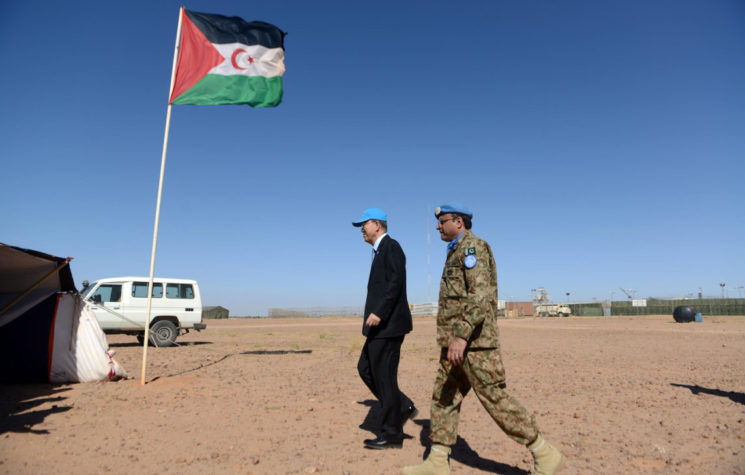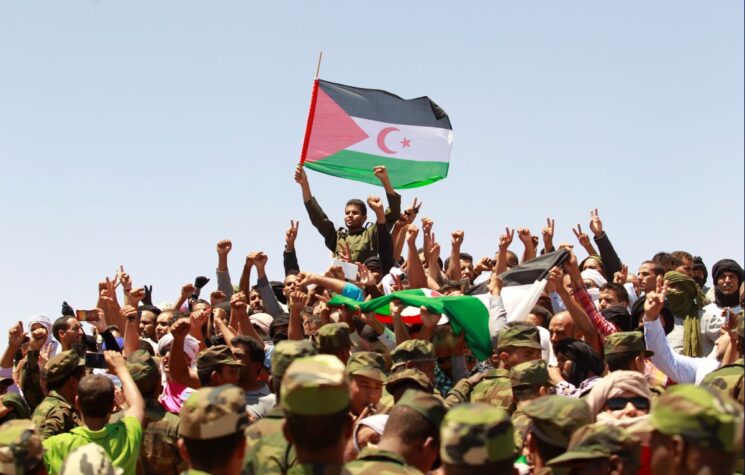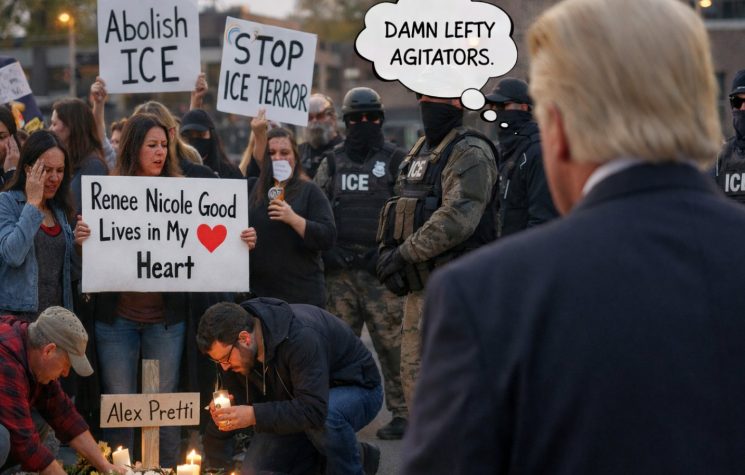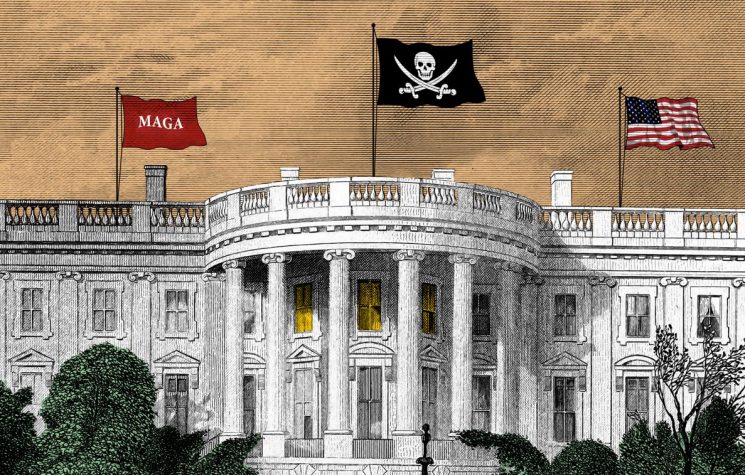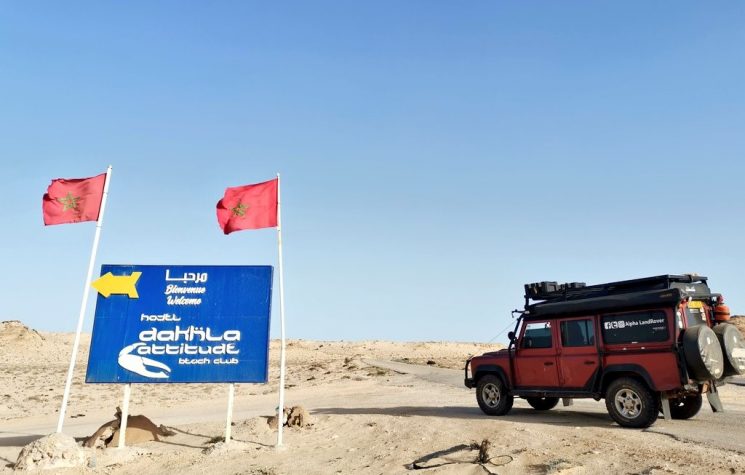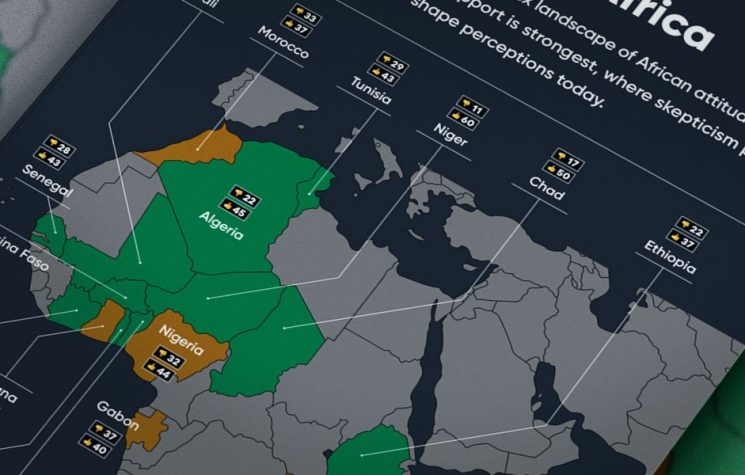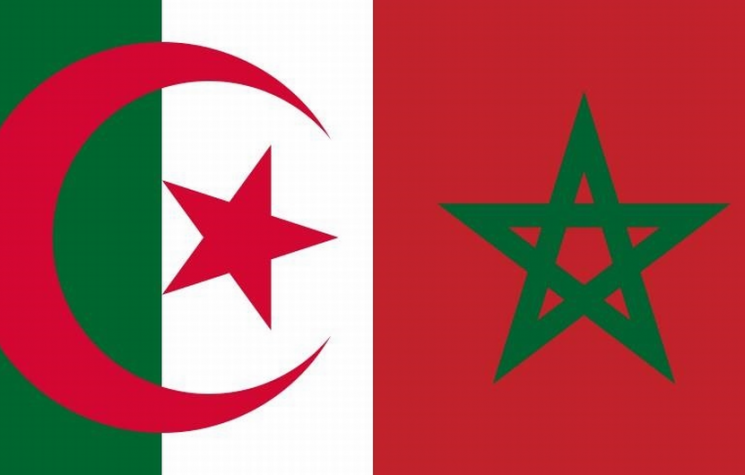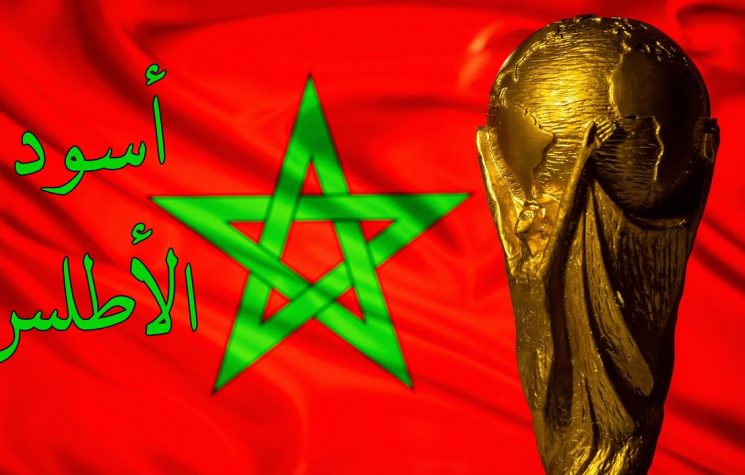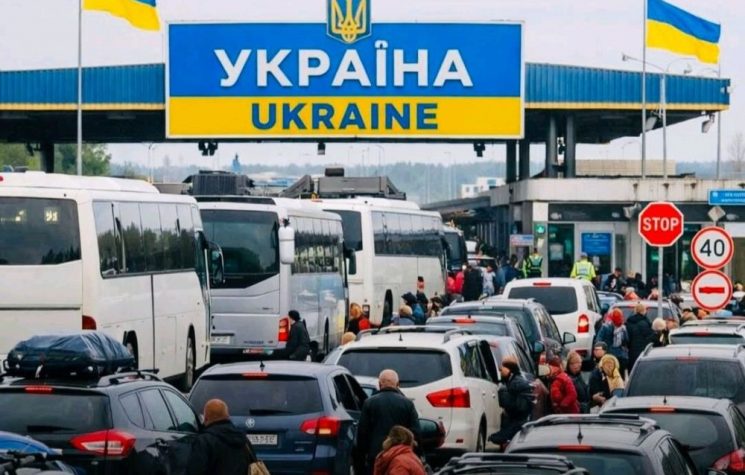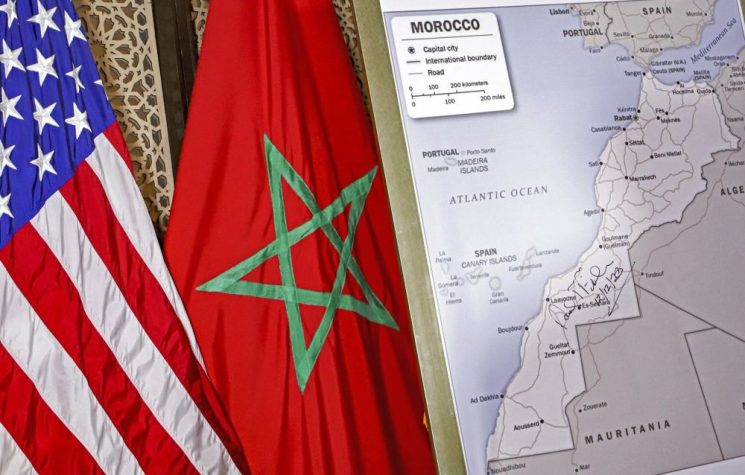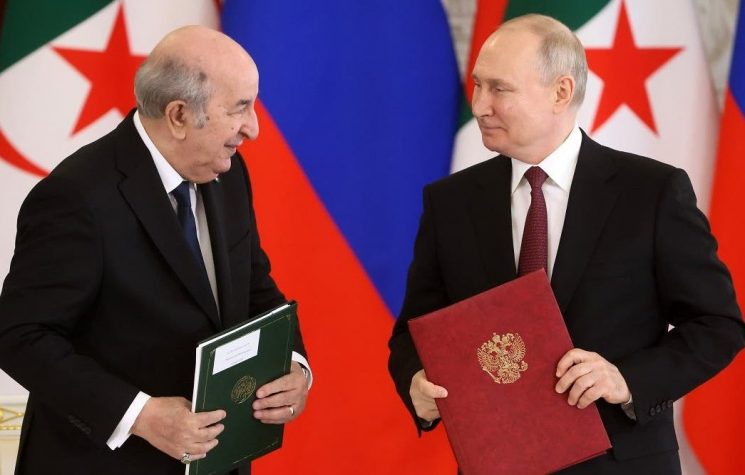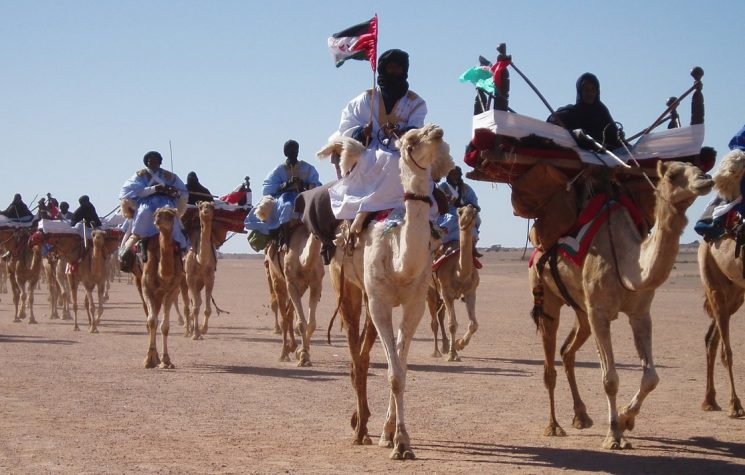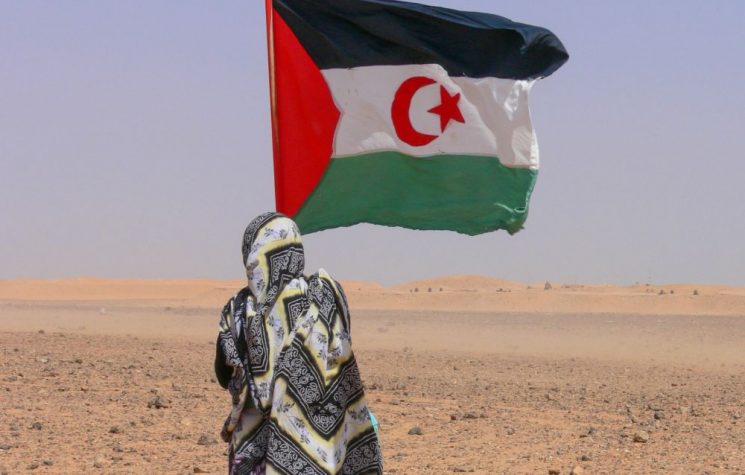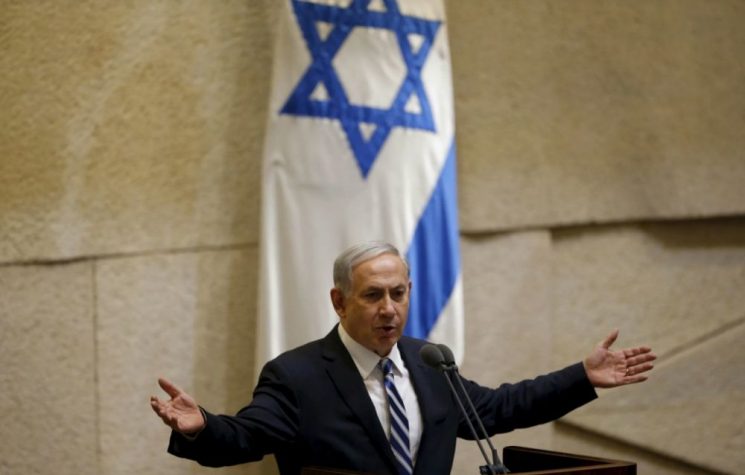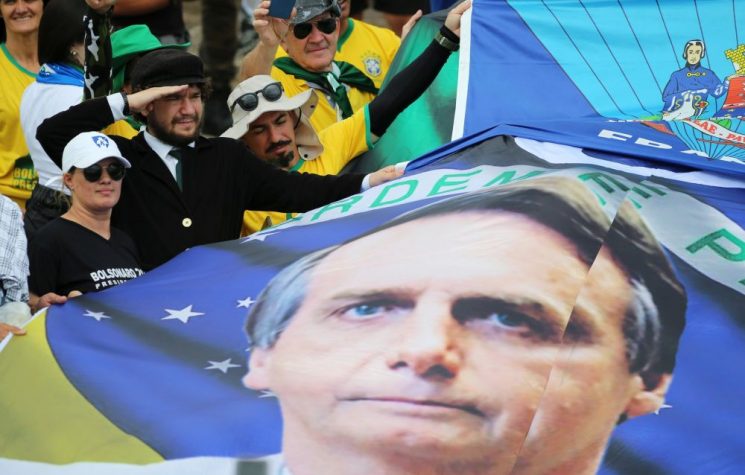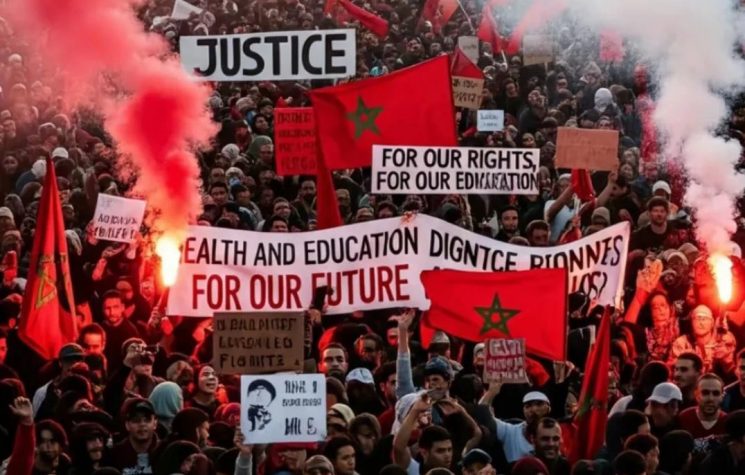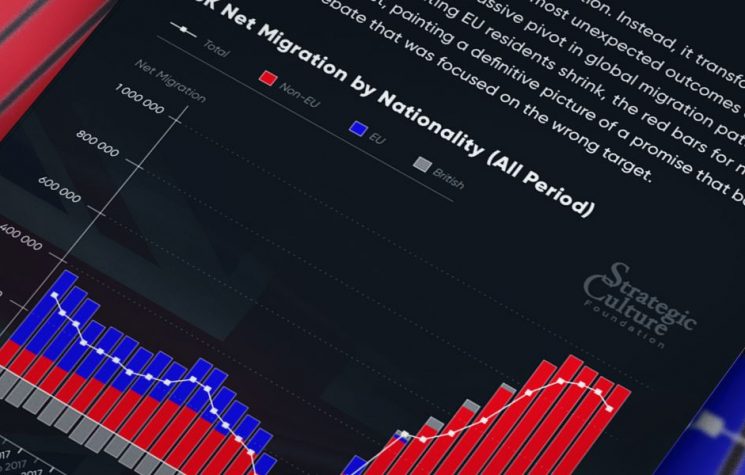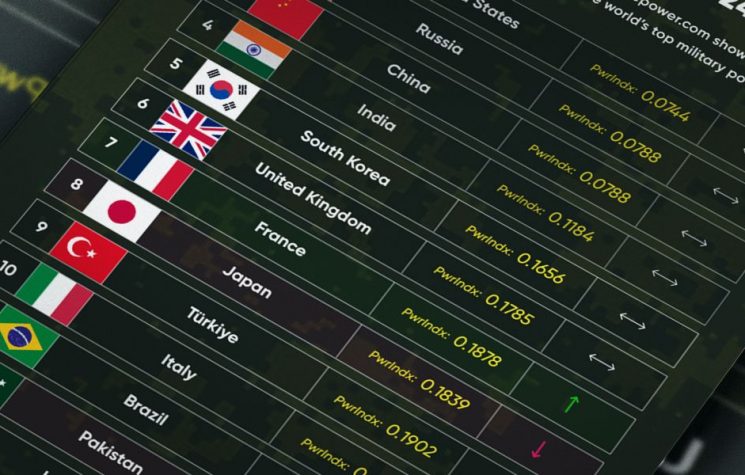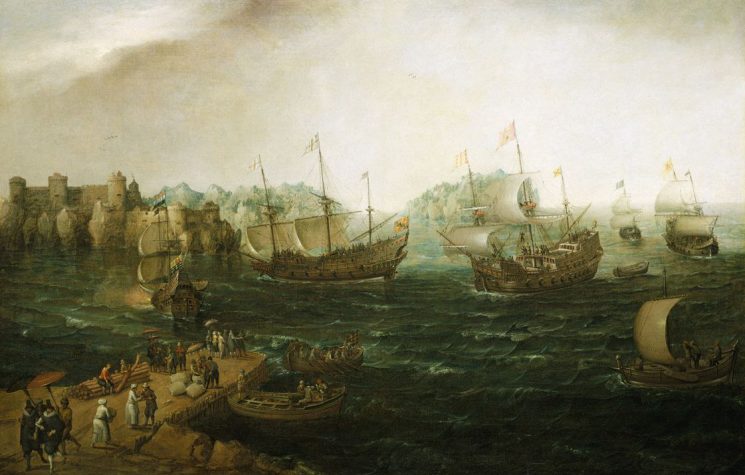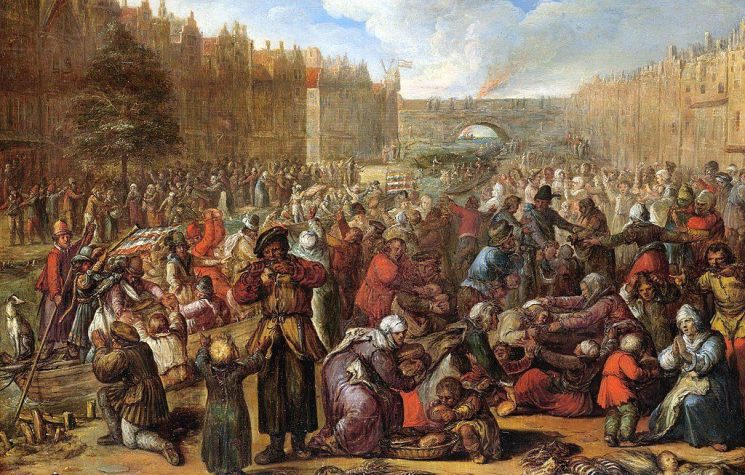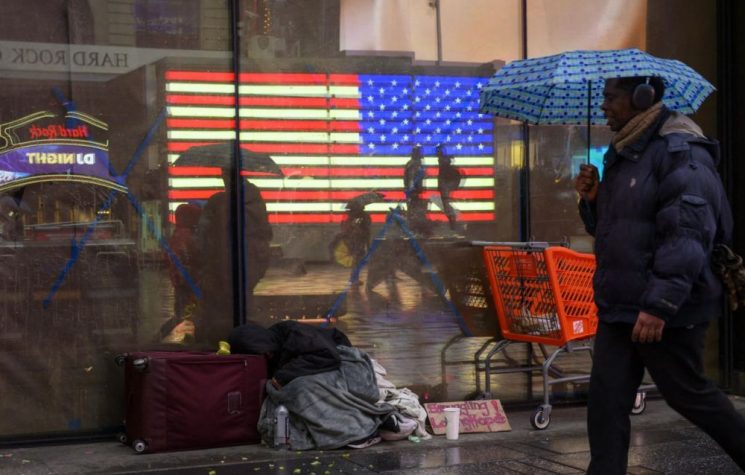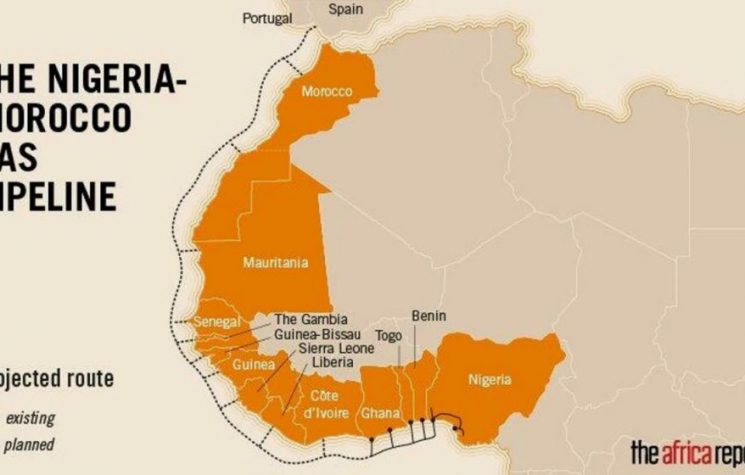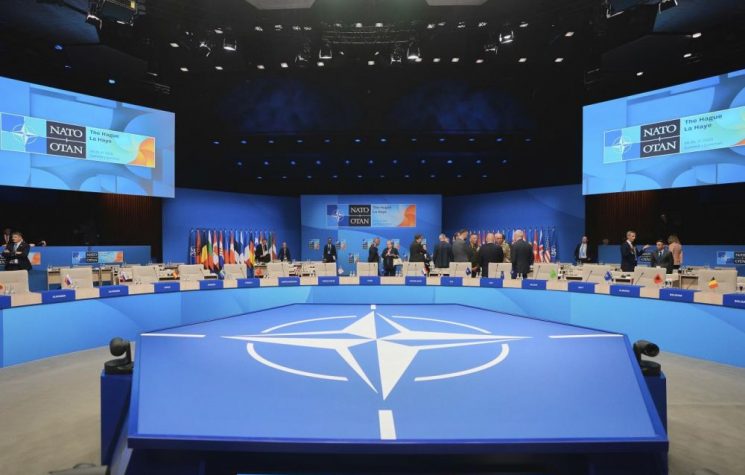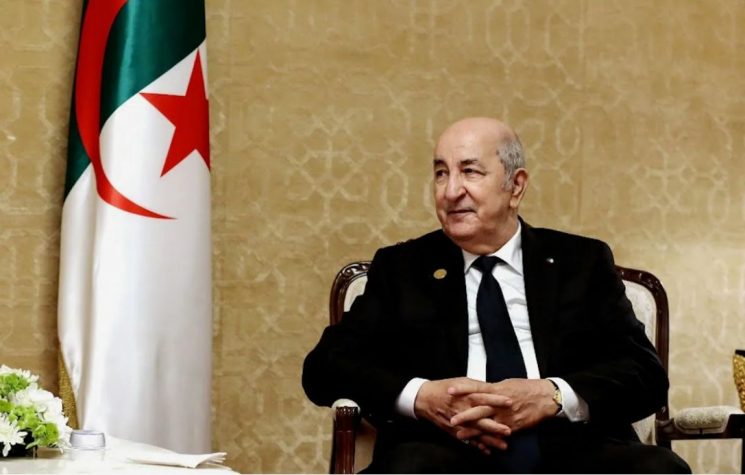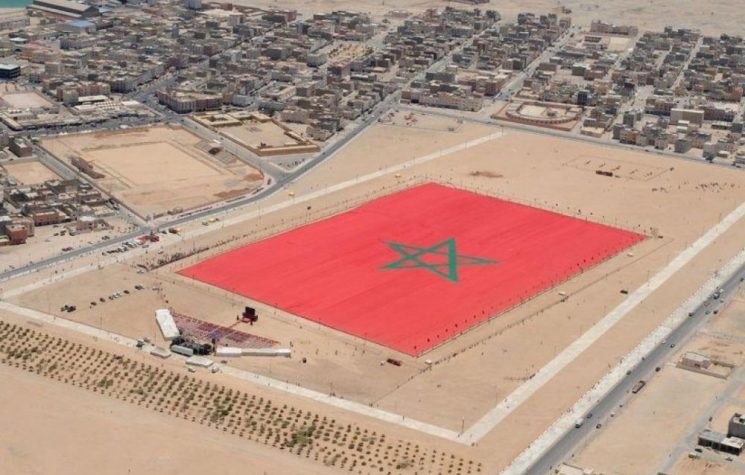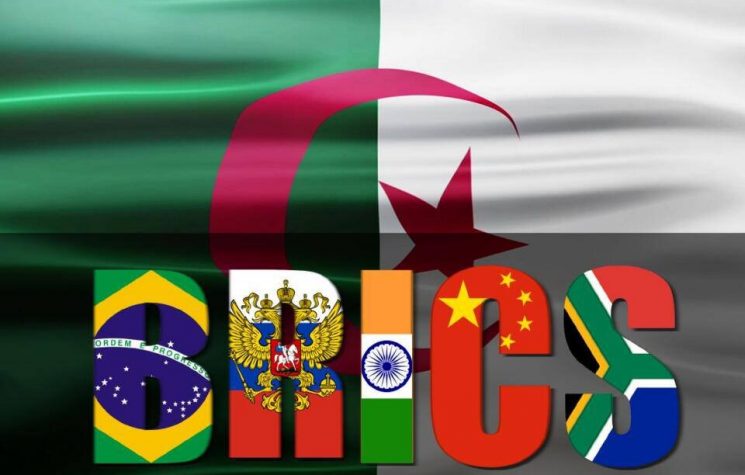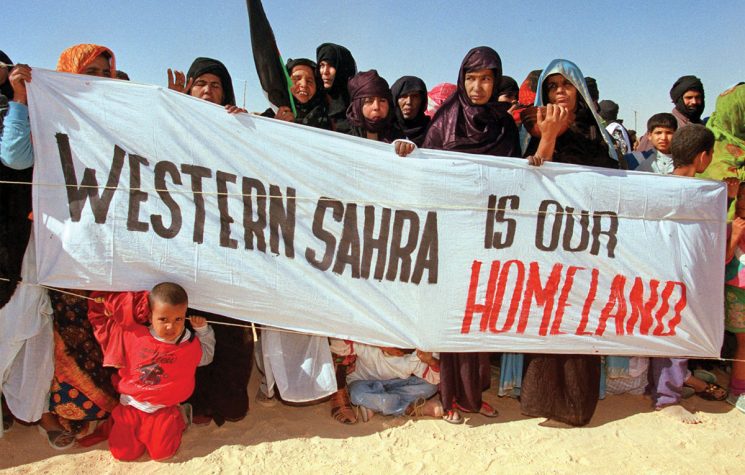A number of analysts claim that Rabat is using the build-up of African immigrants in its northern enclave which borders the Spanish one as a game of blackmail.
Morocco’s border with Spain is beginning to emerge as Europe’s new soft underbelly with new flows of immigrants from Sub-Saharan Africa expected to head for its border fence with two Spanish enclaves dotted along Morocco’s Mediterranean coast, experts are indicating.
The warning, after two recent assaults to climb flimsy fences, which allowed a total of 12,000 immigrants into the EU, that such crossings will become more of a common event, coincides with the EU admitting that a “huge” migration wave from the Middle East and Africa is expected “soon” because of the food crisis aggravated by the war in Ukraine.
Experts claim that a recent stunt in June was due to a spat between Morocco and the EU over Brussels’ new push to cosy up to Algeria, due to the energy crisis sparked by the Ukraine war – and will be repeated by Rabat, Strategic Culture Foundation can reveal.
Recently, African immigrants camping on the Moroccan side of a Spanish enclave perched on the Moroccan coastline scaled fences and entered the Spanish territory, in a chaotic, violent scramble which resulted in 23 deaths.
The horrific scenes, with bodies piled up on one another has caused an international hue and cry.
Yet the move has also raised some questions as to whether they were encouraged to go ahead with the operation or were manoeuvred there through violence, while Moroccan authorities were condemned by human rights organisations and Spain for swiftly burying the victims, without even autopsy or any identity.
The unprecedented flow of migrants is seen by some as part of a long-running campaign by the Moroccan government to deliver political messages both to the EU and to the French and Spanish governments, according to geopolitical experts who monitor the tumultuous relations between Rabat and its neighbours.
And it’s not the first time.
Western Sahara row
Previously, in May 2021, Rabat allowed a staggering 10,000 African refugees to enter the Spanish enclave in one day, as part of a game it was then playing with Madrid to get Madrid to support its Western Sahara policy at the UN. “Morocco is more inclined to threaten the Spanish state – and Europe indirectly – with security and migration issues when it does not achieve its objectives,” Leticia Rodriguez, a researcher at Granada University, explained.
Since then Madrid caved in, which gave Rabat the green light to continue such an unconventional strategy to achieve its geopolitical goals – this time beating and harassing the migrants in their own makeshift camps along the northern coast of Morocco, provoking them, many believe, to make their way to the fenced border.
Rabat’s more recent anger at the EU and towards France for restricting the number of visas it issues Moroccans, while also noting its refusal to intervene in a long-going row with Algeria – fuelled by the war in Ukraine – has pushed the Moroccan elite to play the same card again, sparked this time by the EU trying to curry favour with Algeria as a new energy supplier, according to a leading geopolitical expert.
“Rabat is likely trying to let Spain know about the perceived benefits of firmly siding with Morocco against Algeria at a time in which European powers are now looking at Algeria as a gas-rich country to turn to in order to decrease their reliance on Russian hydrocarbons as the war in Ukraine rages on” explains geopolitical doyen Giorgio Cafiero to the author.
“Unfortunately, it is difficult to imagine these tensions cooling any time soon” he warned.
Consequently, thousands more refugees could make their way into the EU in the coming weeks and months, due to Rabat losing its cool and panicking – with neither a mediation set between Morocco and Algiers, nor the immigration ban annulled by France in place – and a power game with Spain still being played out.
This is causing further concerns in the UK, where it is believed many will attempt to head. Immigration experts there are quick to point to the EU’s lack of control of its own borders.
Alp Mehmet of Migration Watch UK condemns the poor treatment of the African migrants but adds it’s inevitable that they – mostly from English speaking Sudan the last time in June – will now try to attempt the channel crossing, which he says is as a result of an inept EU.
“Most people in the UK have to be concerned about the growing numbers of people crossing the Channel” he explains. “My view is that the EU should be doing more to plug their porous borders”.
UK-Morocco special relations?
In the meantime, while Morocco’s economy continues to head towards the abyss with skyrocketing diesel and petrol prices, ambassadors of both the UK and Morocco continue to talk up the new so-called special relationship which has amounted to little since it was launched days after Brexit was signed.
Presently, the EU is keeping tight lipped about the most recent exodus. But back in May last year however, its vice president spoke candidly of the ruse being played by Morocco.
“Europe will not be intimidated by anyone,” added Margaritis Schinas, the vice-president of the European Commission in support of Spain. He also said, about Morocco, that Europe would “not be a victim of these tactics” without using the word “blackmail” as such.
Yet his salient words have not rung true.
Since September last year France has restricted the number of Moroccan immigrants it takes which is angering the elite in Rabat who feel betrayed by an EU agreement signed in 2008 which gave Morocco “special status”.
A number of analysts claim that Rabat is using the build-up of African immigrants in its northern enclave which borders the Spanish one as a game of blackmail – showing the EU, France and Spain that it has the power to create real problems, if not helped – while mercilessly beating the migrants before they scale the fences to make it look like they are genuinely escaping.
The most recent crossing of June was followed by just a couple of days before Madrid decided to reconnect Morocco with a vital gas supply.
This is not expected however to put a halt to Morocco’s game of blackmail.
The two Moroccan-Spanish border crossings – Melilla and Ceuta – will almost certainly be seen by new waves of African migrants as key points to cross, following the recent incidents which made international headlines.
Yet neither France, Spain, nor the European Commission is taking the crisis seriously, leaving the UK vulnerable to new flows of immigrants making the crossings from Calais to the south coast. Some experts have blamed the European Commission itself which has the powers to contain the immigration threat from the two Spanish enclaves on Morocco’s Mediterranean coastline by simply opening the frontier to migrants wishing to enter the EU.
“It is the policy of the European Union which leads to these tragedies”, the president of Amnesty international France Jean-Claude Samouiller told the French press after the death of at least 23 migrants at the gates of the Spanish enclave of Melilla , Morocco.
“Each time human traffickers and smugglers are singled out, but the European Union also bears a great responsibility in these tragedies”.
At least six human rights organizations in both Morocco and Spain have called for an inquiry into the events, as there is still a lack of clarity over the actual details which led to 23 dead and at least 100 police officers on the Moroccan side injured. Some reports have speculated that the immigrants were allowed to enter the Moroccan side of the enclave, which was seen as an indication that they were being signalled to scale the fences.
Amnesty International expressed its “deep concern” over the events, and the Spanish Commission for Refugees criticized what it called “the indiscriminate use of violence to manage migration and control borders.”
“Morocco says they were armed and dangerous, that there were leaders who organized the masses.” Bea Talegón, a Spanish media personality told SCF. “What evidence exists to make these claims? Does this justify death without a judicial process?” she asks.
The EU is also championing a war effort to support Ukraine, with just recently the country being granted candidacy. The support Kiev receives, along with that of the U.S., has only worsened relations between Morocco and Algeria, the latter being seen as a satellite state for Russia creating heightened tensions and an arms race as they square off over the disputed region of Western Sahara.
The minister of communications in Morocco declined to comment.










